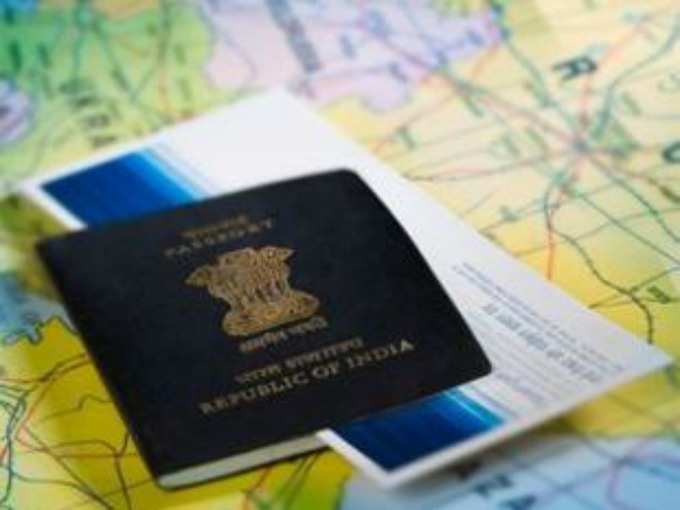 British Prime Minister
British Prime Minister The Indian IT industry is already grappling with visa issues in the US.
Now the UK, which is the second largest market for Indian IT firms, also wants to bring reforms in its policies like limiting migration to 100,000, increasing minimum salary threshold for skilled workers, etc.
The UK accounts for about 18%, or about $18-$19 billion, of export revenue annually, according to industry body Nasscom.
According to Back-The-Mac, a group that campaigns against the use of ICT visas, the number of Indian workers on ICT visas in the UK was the highest at 36,762 as of December 2014.
Meanwhile, Indian IT companies fall under UK's tier-II visas that pertain to skilled workers from outside the UK.
The Migration Advisory Committee (MAC) has asked for suggestions from partners to help it formulate a response to the review of tier-II visas.
Among the questions asked is the impact of putting tighter ICT "restrictions on the IT sector specifically" and the impact of the use of ICT provisions in the IT sector on existing UK companies and resident workers.
"The most worrisome proposal is the restriction on numbers of tier-II visas as that will reduce deployment agility. The second one is the increased cost due to the minimum wage and additional employer levy which will increase the cost of delivery and adversely affect market competitiveness for Indian companies," said Sanjoy Sen, doctoral research scholar, Aston Business School, UK.
However, Nasscom said there will be no impact on net migration in the UK because of the ICT visa, which is similar to the L-1 visas used in the US.
(Image: Indiatimes)